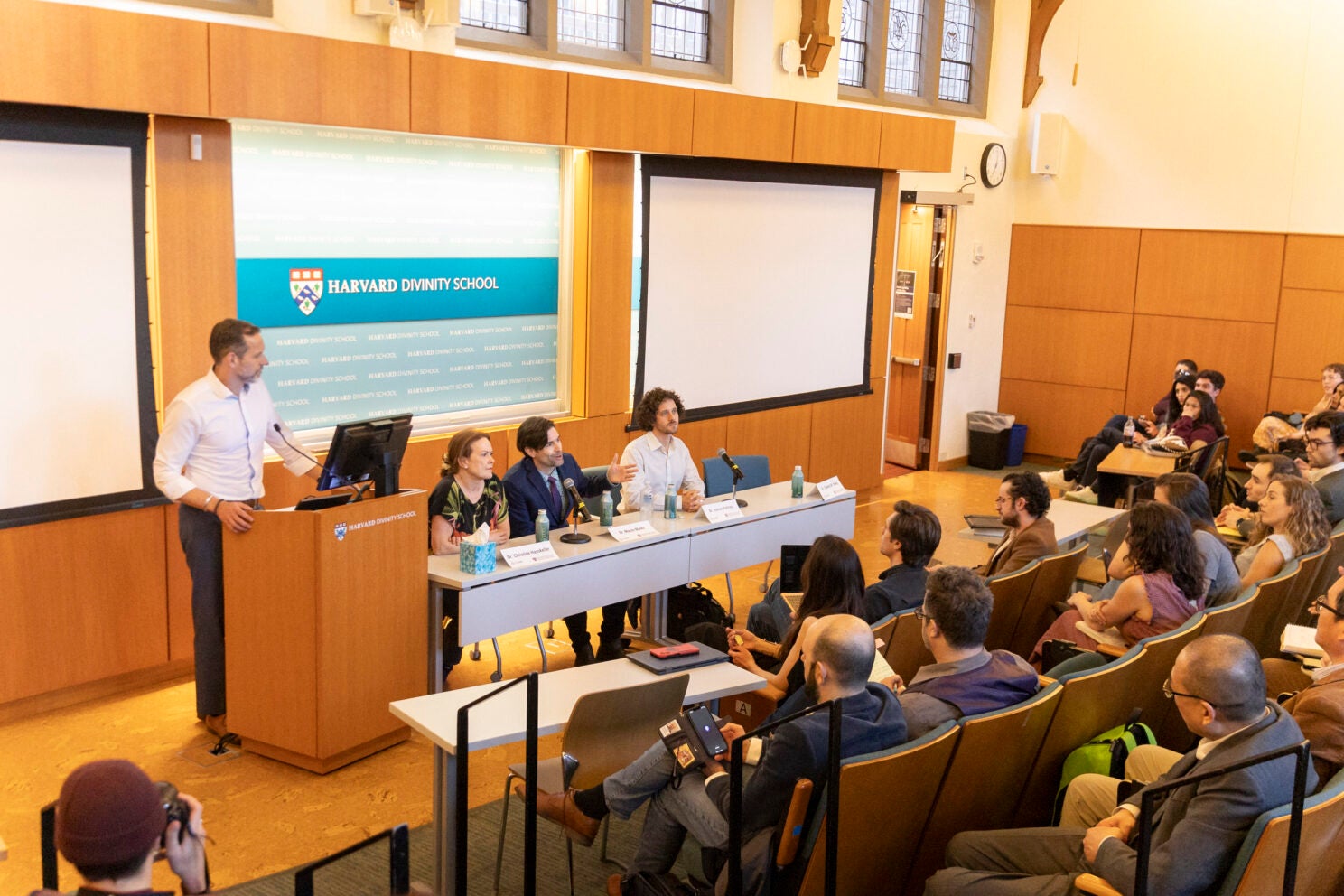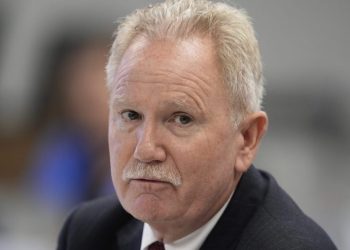The World Health Organization (WHO) announced Wednesday its member states had reached an agreement on preparing for and responding to future pandemics after more than three years of negotiations.
With negotiations having launched in 2021, WHO member states have compiled a draft agreement for consideration at the upcoming World Health Assembly next month.
The proposal includes establishing a pathogen access and benefit-sharing system, building geographically diverse research and development capacities, facilitating the transfer of technology and related knowledge, and establishing a global supply chain and logistics network, among other measures.
“In reaching consensus on the Pandemic Agreement, not only did they put in place a generational accord to make the world safer, they have also demonstrated that multilateralism is alive and well, and that in our divided world, nations can still work together to find common ground, and a shared response to shared threats,” WHO Director-General Tedros Adhanom Ghebreyesus said in a statement.
“I thank WHO’s Member States, and their negotiating teams, for their foresight, commitment and tireless work. We look forward to the World Health Assembly’s consideration of the agreement and — we hope — its adoption,” he added.
The proposal affirms the individual sovereignty of member states and does not give the WHO any authority to “direct, order, alter or prescribe national laws or policies, or mandate States to take specific actions.”
Should this proposal be finalized, it remains uncertain whether the United States will stand to benefit from the global agreement. Immediately upon beginning his second term, President Trump signed an order for the U.S. to withdraw from the WHO, having sought to do the same during his first term. The U.S. is currently considered a member state as there is a one-year waiting period for withdrawal to be completed.
Public health experts have expressed concerns that should the U.S. fully withdraw from the WHO, the country will lose its capacity to keep track of infectious disease emergencies around the world and other global health data. The U.S. has historically been the largest funder of the organization.















